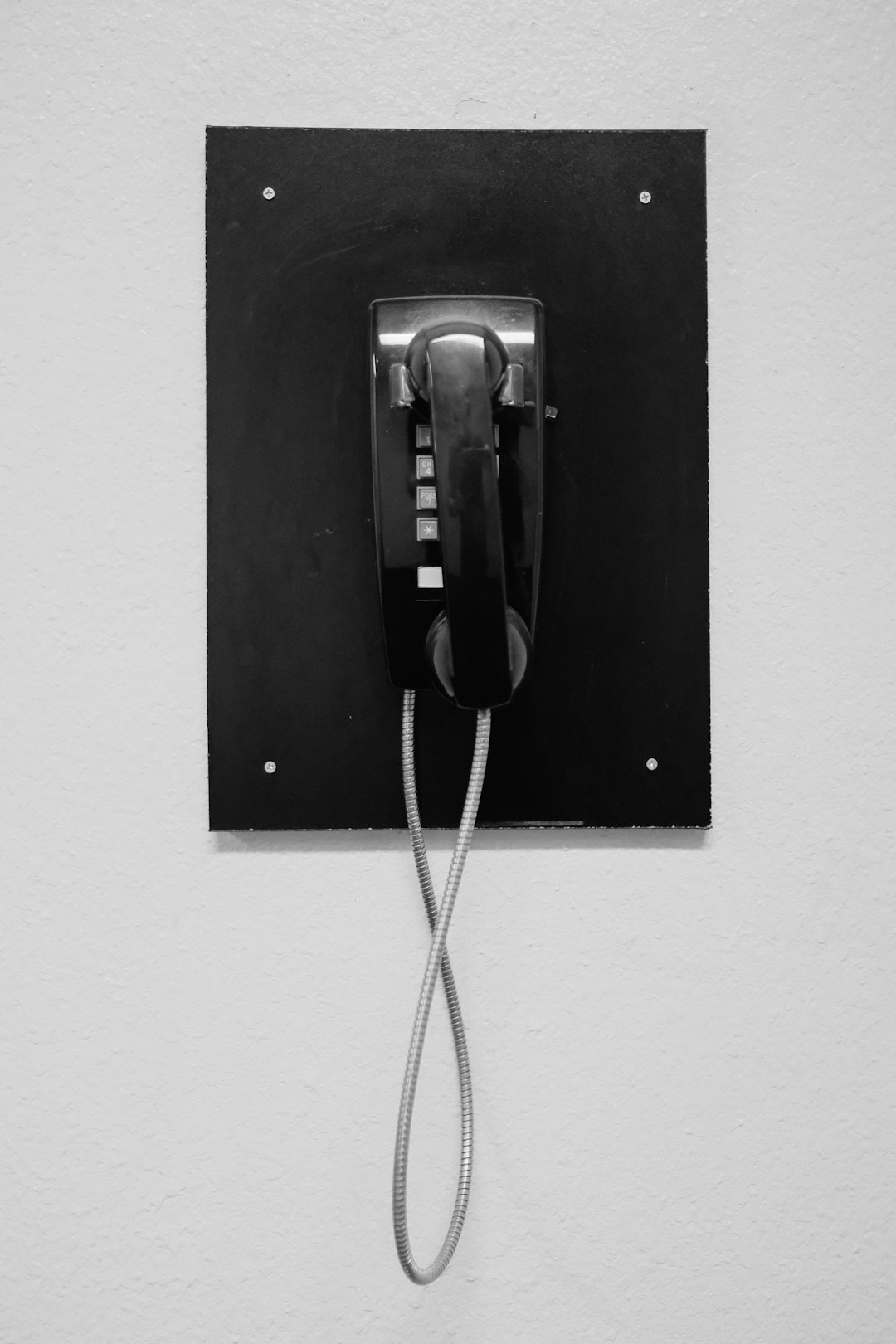Massachusetts residents can protect themselves from unwanted telemarketing calls by registering on the Do Not Call list and consulting a Do Not Call Attorney Massachusetts. Such attorneys specialize in enforcing Do Not Call regulations, offering legal action against violators, including filing complaints, sending cease-and-desist letters, and seeking damages. Knowledge of these rights and professional guidance are essential to stop relentless unsolicited calls.
In Massachusetts, repeated unsolicited phone calls can be a nuisance and even a legal violation. Understanding state laws is crucial for protecting your privacy and stopping unwanted calls. This guide explores Massachusetts’ “Do Not Call” regulations, clarifying what constitutes unsolicited calls and the legal recourse available against persistent violators. Learn how to file complaints with relevant authorities or consult a Do Not Call Attorney Massachusetts to enforce your rights effectively.
Understanding Massachusetts Do Not Call Laws

In Massachusetts, the Do Not Call laws are designed to protect residents from unwanted telemarketing calls and sales pitches. Homeowners in the state have the right to register their phone numbers on the Massachusetts Do Not Call list, which prohibits businesses from making telemarketing calls to those numbers. This measure is a powerful tool for residents seeking to curb repeated unsolicited calls, often considered intrusive and disruptive.
If your rights under these laws have been violated, consulting with a Do Not Call Attorney Massachusetts is advisable. Legal experts in this field can guide you through the process of filing a complaint with the Massachusetts Attorney General’s office or taking legal action against the offending businesses to stop the unwanted calls and secure potential damages.
What Constitutes Unsolicted Phone Calls?

In the context of legal actions for repeated unsolicited calls, understanding what constitutes an unwanted or unsolicited phone call is paramount. Such calls are typically those made without the explicit consent or invitation of the recipient. This includes marketing or sales calls from businesses or individuals not previously engaged in a business relationship with the caller and whose numbers have not been voluntarily provided. According to Massachusetts law, these unsolicited telephone solicitations are often regulated by the Do Not Call regulations, enforced by the Attorney General’s Office.
A Do Not Call request, once filed, entitles the individual to expect no further marketing calls from the registrant. Violation of this can lead to legal action, with Massachusetts residents having the right to file complaints against companies or individuals making unsolicited calls, potentially resulting in substantial fines for repeated infractions. Thus, businesses and telemarketers must ensure strict adherence to Do Not Call Attorney Massachusetts rules to avoid legal repercussions.
Legal Recourse for Repeated Violations

If you’re facing repeated unsolicited calls in Massachusetts, knowing your legal recourse is crucial. While many states have general do-not-call laws, Massachusetts has specific regulations in place to protect consumers from unwanted telemarketing calls. If your rights have been violated, consulting a Do Not Call Attorney Massachusetts is a significant step towards seeking justice.
These attorneys specialize in navigating the state’s legal framework regarding telemarketing practices and can help you understand your options for compensation and deterring future violations. Whether through legal action or negotiating with the offending companies, these experts aim to ensure your peace of mind and protect you from persistent unwanted calls.
Filing a Complaint Against Callers

If you’ve been plagued by repeated, unsolicited calls—often referred to as robocalls or telemarketing calls—in Massachusetts, it’s crucial to know that you have legal recourse. The first step is often to file a complaint with the Federal Trade Commission (FTC) and your state’s attorney general. In Massachusetts, you can also consult a Do Not Call Attorney who specializes in such cases. They can guide you through the process of taking legal action against the callers, which may involve sending cease-and-desist letters or filing formal lawsuits if necessary.
A Do Not Call Attorney in Massachusetts can help gather evidence, including call records and recordings, to support your case. They’ll also be familiar with local laws, such as the Massachusetts Telemarketing Act, which prohibits misleading or deceptive telemarketing practices. By taking proactive measures and involving legal counsel, you not only protect yourself from unwanted calls but also send a strong message that such behavior won’t be tolerated.
The Role of the Attorney in Do Not Call Cases

In cases involving repeated unsolicited calls, a Do Not Call Attorney Massachusetts plays a pivotal role in advocating for individuals’ rights and seeking legal recourse. These attorneys specialize in navigating the complexities of telephone consumer protection laws, ensuring that clients are not only protected from invasive calling practices but also receive fair compensation for any resulting harm. Their expertise lies in interpreting state and federal regulations, such as the Telephone Consumer Protection Act (TCPA), to build strong cases against violators.
The attorney’s role extends beyond legal representation; they educate clients on their rights and empower them to take action. By understanding the law, a Do Not Call Attorney Massachusetts can guide individuals through the process of filing complaints, seeking injunctions, or pursuing damages for each unauthorized call received. This proactive approach not only deters future violations but also ensures that those affected by unsolicited calls receive the justice they deserve.






